induction jointing for pipes bottom part
Views
Hengxin offers a full range of solid-state induction jointing machines fitted with induction coils or/and contact heads.
Our Induction jointing solutions are primarily found in the tube and pipe industry.
Induction jointing is a form of jointing that uses electromagnetic induction to heat the workpiece.
The jointing apparatus contains an induction coil that is energised with a high-frequency electric current.
Induction jointing is used for long production runs and is a highly automated process, usually used for jointing the seams of pipes. It can be a very fast process, as a lot of power can be transferred to a localised area, so the faying surfaces melt very quickly and can be pressed together to form a continuous rolling joint.
The depth that the current, and therefore heating, penetrates from the surface is inversely proportional to the square root of the frequency. The temperature of the metals being jointed and their composition will also affect the penetration depth. This process is very similar to resistance jointing, except that in the case of resistance jointing the current is delivered using contacts to the workpiece instead of using induction.
All of our UM induction jointing machines have rugged, independent full-bridge IGBT transistors. These transistors are virtually short-circuit proof, considerably boosting reliability and uptime.
You can reduce your power consumption. The efficiency from input at the rectifier to output at the coil is, at least 85-87 percent. And the use of diode rectifiers results in a high, constant power factor (0.85) at all power levels—thereby eliminating the need for costly reactive power compensation capacitors.
Related Content
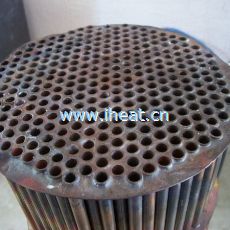
flat mosquito shape induction coils for induction brazing_5
flat mosquito shape induction coils for induction brazing_4
flat mosquito shape induction coils for induction brazing_3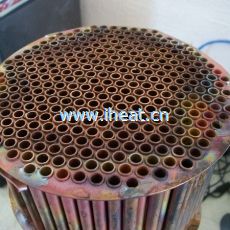
flat mosquito shape induction coils for induction brazing_2
flat mosquito shape induction coils for induction brazing_1![Welding Equipment HX [2]](/upfile/200306/03/small_Welding-Equipment-HX-2-52653544.jpg)
Welding Equipment HX [2]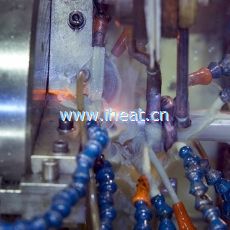
induction welding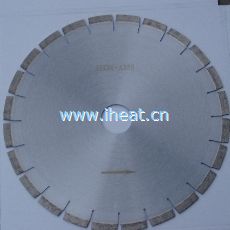
induction welding of diamond teeth_2

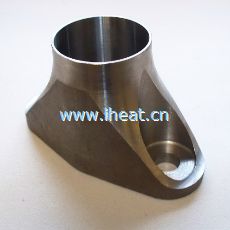
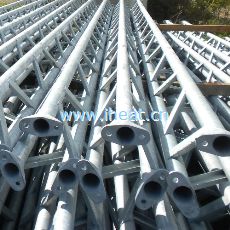
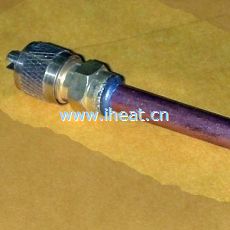
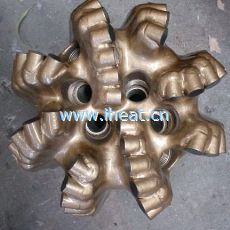
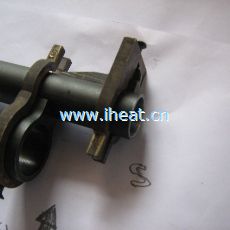
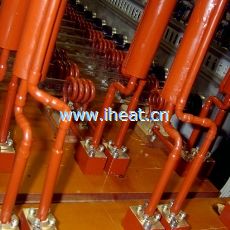
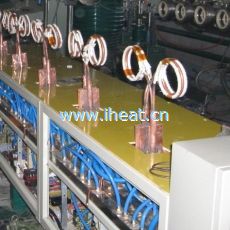

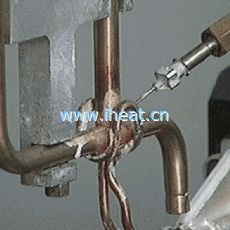
Newest Comment
No Comment
Post Comment